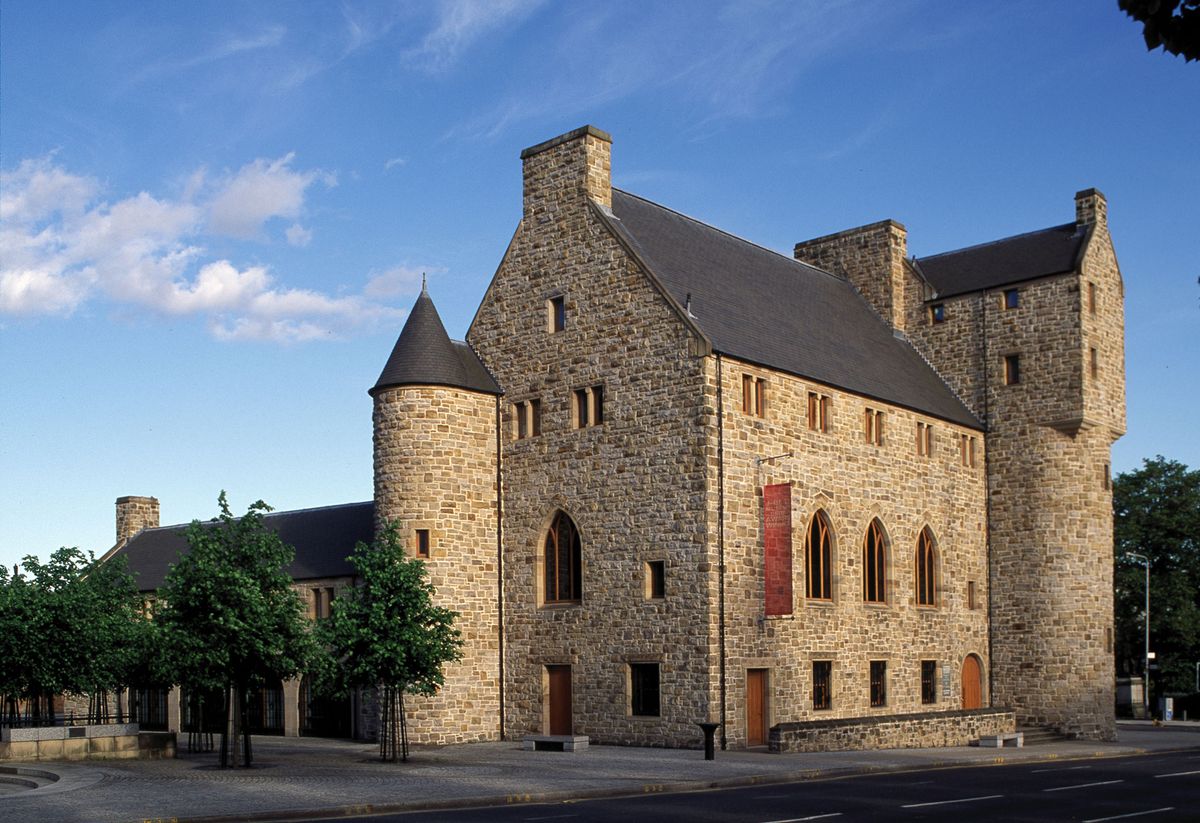The signs at Glasgow’s St Mungo Museum of Religious Art and Life say it is closed on Mondays. In fact, it has been closed every day since the first wave of the Covid-19 pandemic in March 2020, making it one of the last UK museums still to be in lockdown.
But at last there is light at the end of the tunnel for this award-winning Scottish institution, the only faith museum of its kind in Britain. Duncan Dornan, the head of museums at Glasgow Life, the charity which operates the city’s cultural and sporting facilities, tells The Art Newspaper that the museum is expected to reopen “within the next few months”—ahead of a potential, and potentially controversial, revamp.
According to Dornan, staffing issues have caused the pandemic closure to drag on, and new staff members are currently being recruited. Glasgow City Council announced in February that it would earmark £650,000 for the museum’s reopening as part of its 2022-23 budget.
Glaswegians are proud of the St Mungo Museum, which the Glasgow Life website describes as existing to “promote understanding and respect between people of different faiths and those of none”. A campaign for its reopening gathered pace in recent months, as faith leaders and community groups argued that the museum was being forgotten in the clamour to reopen the city’s Burrell Collection after a £68m refurbishment.
“St Mungo’s wasn’t prioritised,” says Philip Mendelsohn, the chair of the charity Interfaith Glasgow, which led a petition last year to save the museum from permanent closure. He remains concerned about plans for a consultation on the future of the museum, which is close to the city’s cathedral and was originally built as its visitor centre, before being converted into an interfaith museum.
Dornan says the St Mungo consultation will explore whether the museum can be revamped to tell visitors more about the place of the cathedral in the city’s history. That worries Mendelsohn. “We’ve got to avoid St Mungo’s being mainly about Christianity, with an add-on about other faiths,” he says.
Dornan says he appreciates the group’s concerns and agrees that multi-faith issues are even more important now than they were in 1993 when the museum first opened. “[St Mungo Museum has] been very successful in, for example, creating a safe space for asylum seekers, but the current offering doesn’t address the historic role of the cathedral, and going forward we’ll be discussing its future with other partners on the precinct and looking at its potential,” he says. “Aspirations and expectations around museums have moved on since it opened, and St Mungo’s needs to move on.”


